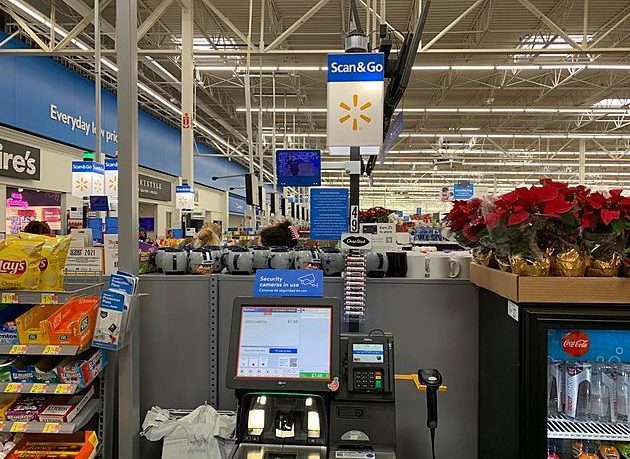Recently, consumers have been forced to confront the revelation that having zero interaction with employees during a transaction no longer exempts customers from the moral dilemma of tipping.
Customers say they’ve noticed that they’re increasingly asked to tip at self-checkout terminals, despite having no contact with an employee.
Reportedly, cash registers in airports, stadiums, stores, and cafes are prompting customers to add up to 20 percent tips.
Tipping culture has expanded from pubs and restaurants to coffee shops and takeout establishments due to what one publication called “tipflation.”
“This new trend of being prompted to leave a tip does nothing but frustrate consumers. It’s one thing to tip your server personally; it’s another to be asked to leave a tip on a screen where you’ve done all the work at a self-checkout,” said Corey Donovan, president of Alta Technologies.
“It’s an option to have it turned on or off within the payment gateway software, so businesses are consciously choosing to have it turned on.”
Donovan said the best-case scenario is that the business gives those tips to their employees.
“The worst-case scenario: they’re hoping that customers will just absent-mindedly keep hitting next to get to the final payment screen to generate additional revenue. Either way, it’s not something that makes customers happy and could have a negative impact on customer experience and satisfaction,” Donovan remarked.
Tom Golubovich, the head of marketing at Ninja Transfers, offered that businesses placing a tipping option at self-checkout machines appears to be just another way for companies to pad their bottom line.
“I ordered a smoothie online and went to pick it up myself, and it automatically added a tip to the checkout. Rather than the default being no tip, it was set to 15 percent,” Golubovich stated.
“I didn’t even notice this until after I’d already paid. I think that this is a sneaky practice for companies to take in additional revenue. I hope that the employees working got my tip, but I can’t be so sure of that. It also just feels wrong to have a tip added to something where there wasn’t any personal interaction.”
Mark Pierce, the CEO of Cloud Peak Law Group, added that it’s becoming more evident that employers are attempting to put the onus for employee pay on customers.
“It’s not justified by any means, but employers saw the opportunity and went for it,” Pierce said.
“Tipping has always been a part of employees’ wages in the service industry, but it was attached to giving an actual person the tip,” he continued.
“Now it seems like it’s an option on every transaction, regardless of whether there was human interaction or not. While employers could argue that at the end of the day, the employees are still getting the tips, there’s no reason to tip if the transaction happened without a person’s help.”
In some states, employers can pay below the minimum wage due to the presumption that workers will earn enough in tips.
Still, Jodi Smith, a human resources professional and etiquette consultant, said employers shouldn’t solicit tips for jobs that aren’t typically tippable so they can pay employees less.
“There are also some state laws that prohibit who is eligible to receive any pooled tips,” Smith told the Informer in an email, reiterating thoughts she provided to USA Today.
“I so wish the software coders for some of these payment systems had taken the time to actually speak with etiquette experts before coding the choices and interface,” Smith added.
“There is a difference between a tip and a service charge. Tipping occurs at the end of the interaction, not before. Additionally, we tip for transactions that occur through interpersonal interactions. For example, handing someone a doughnut is not a tippable interaction.”



